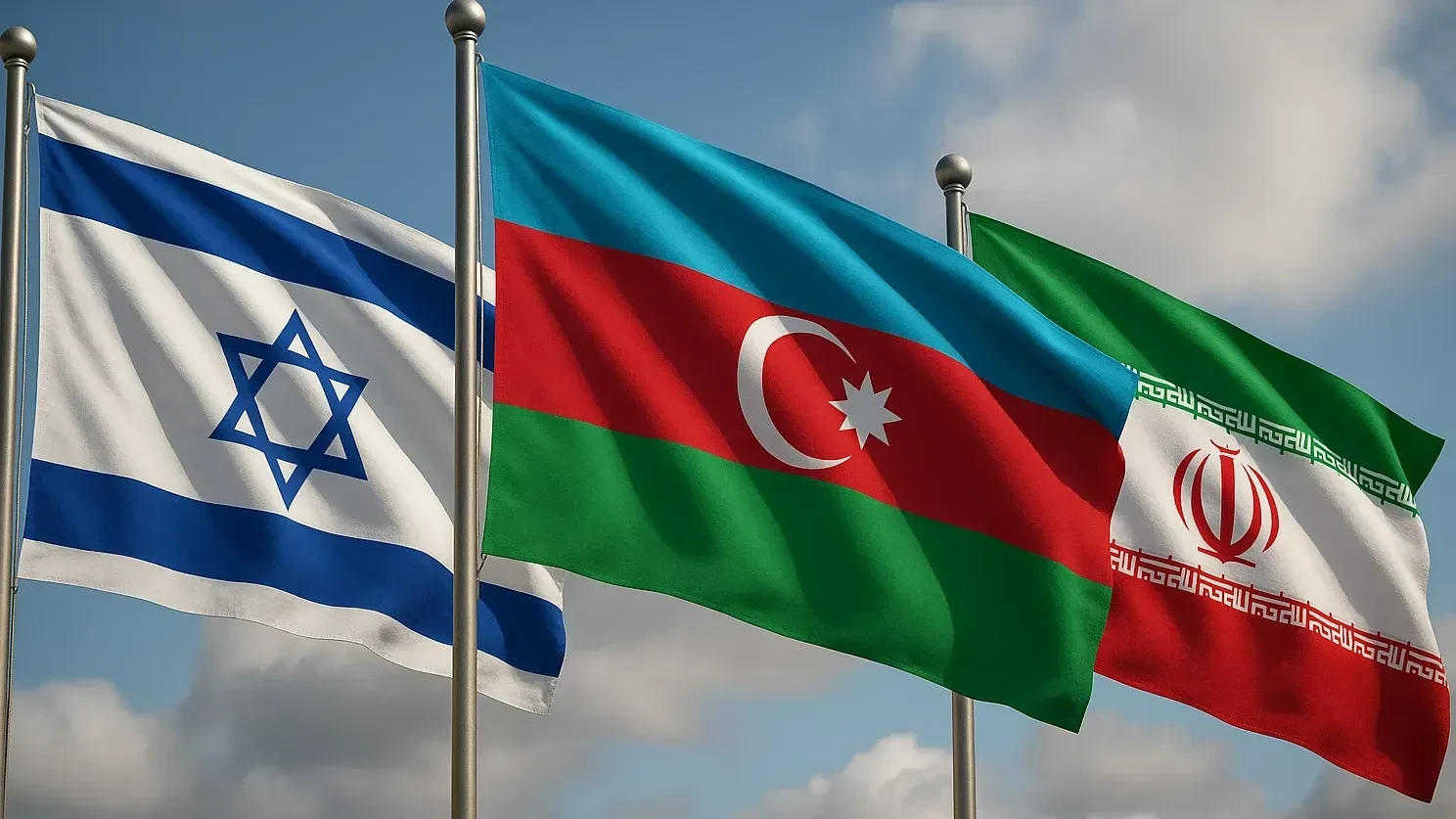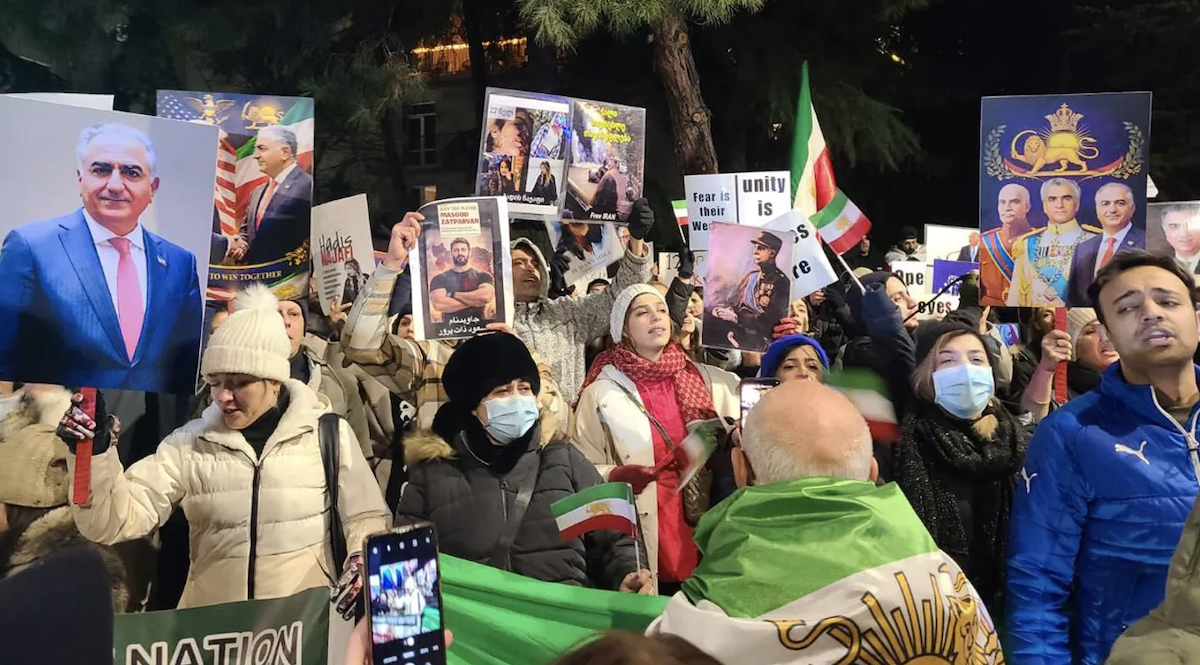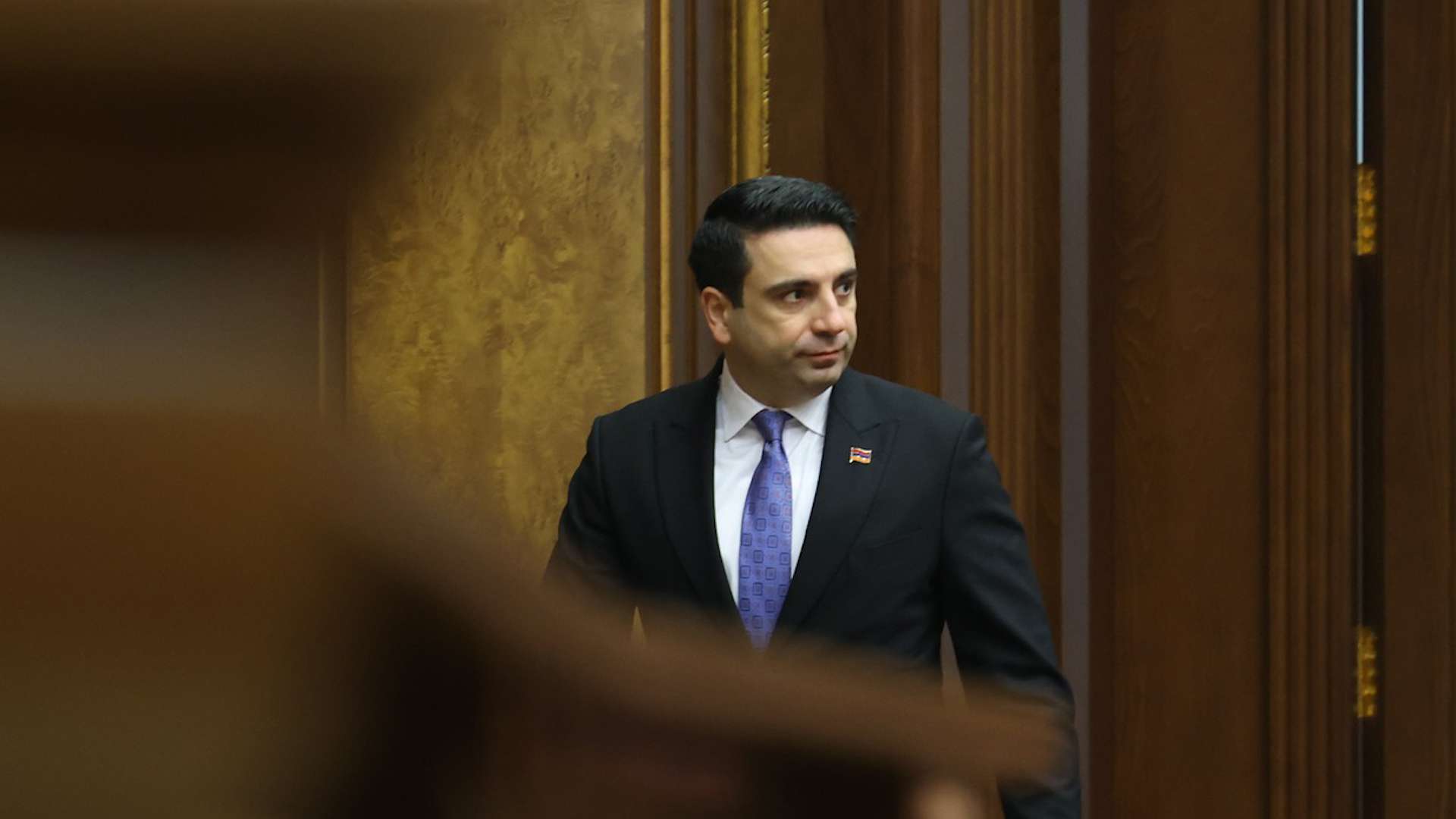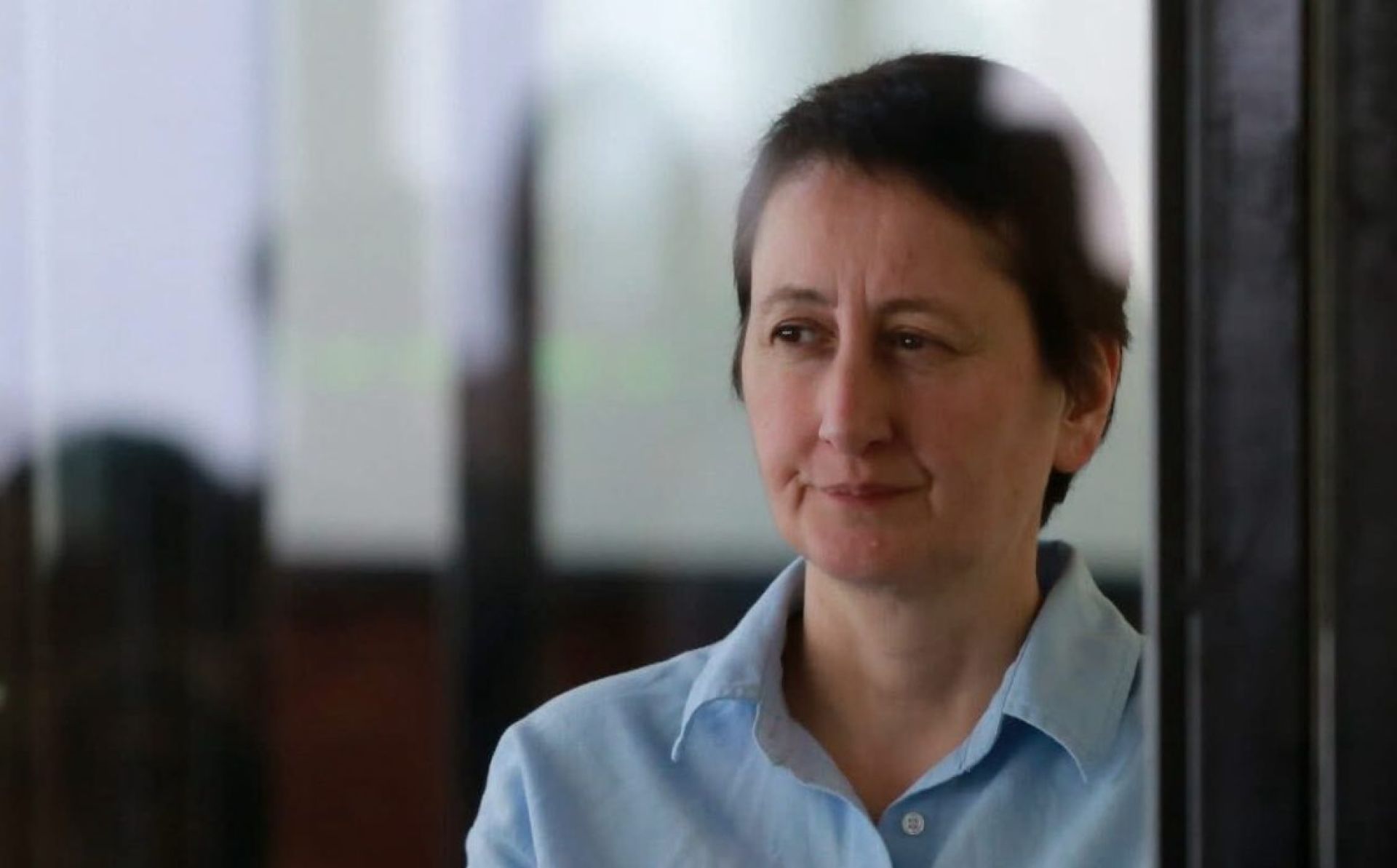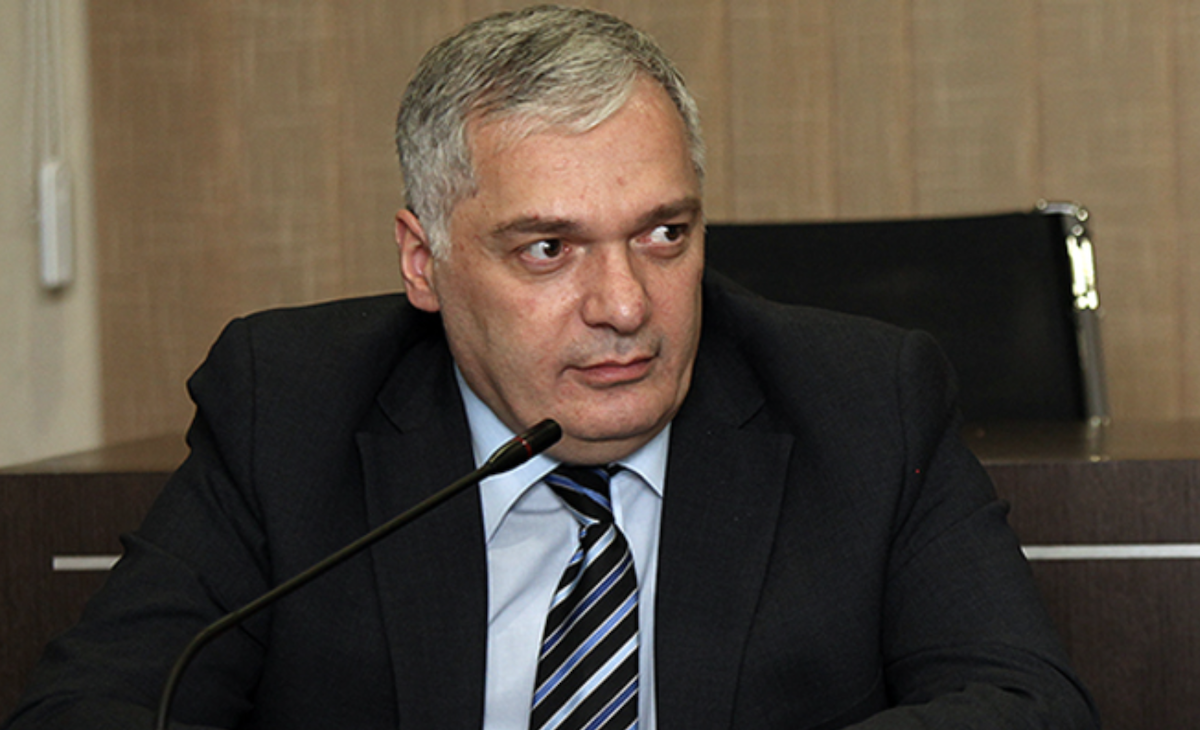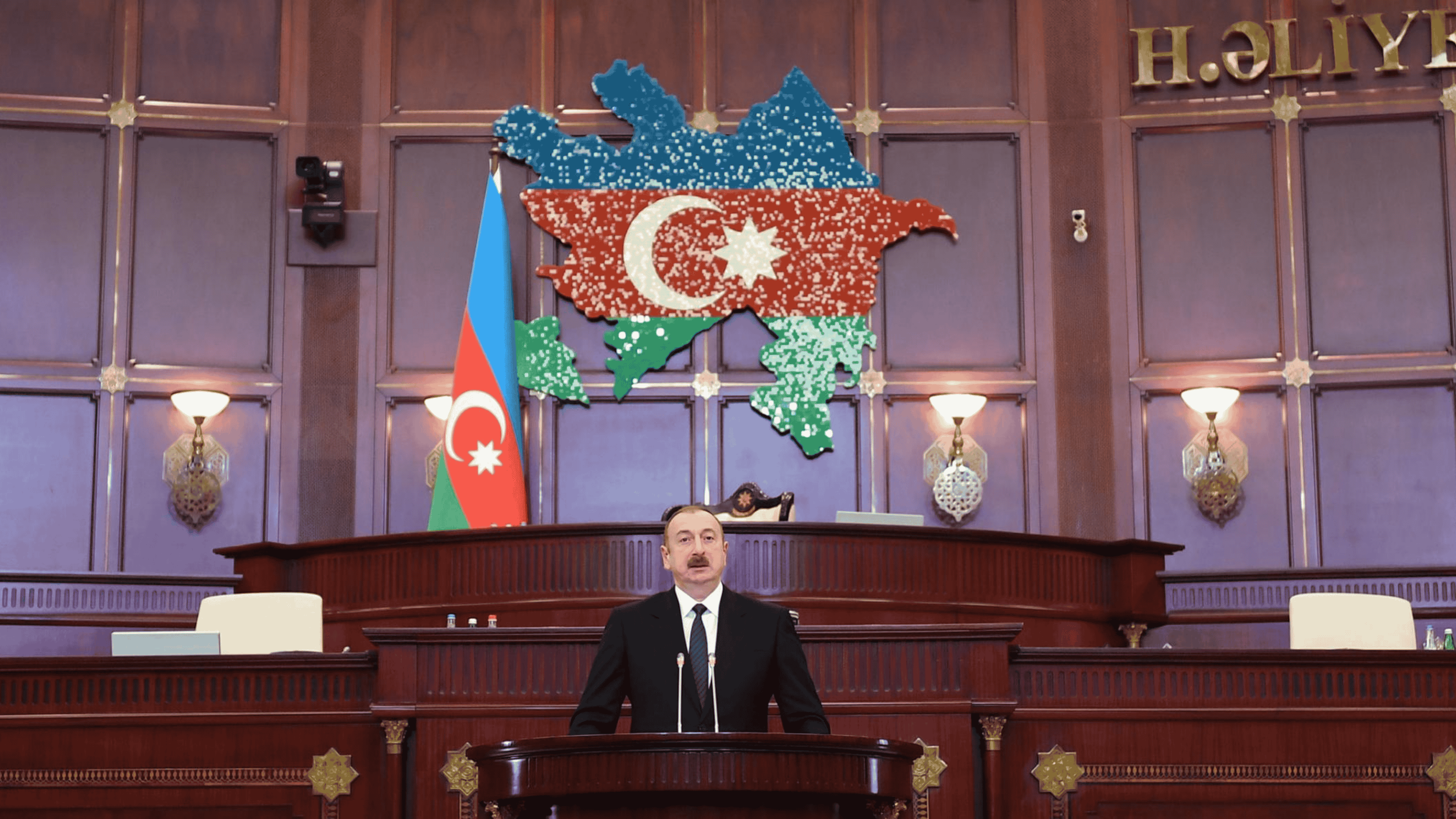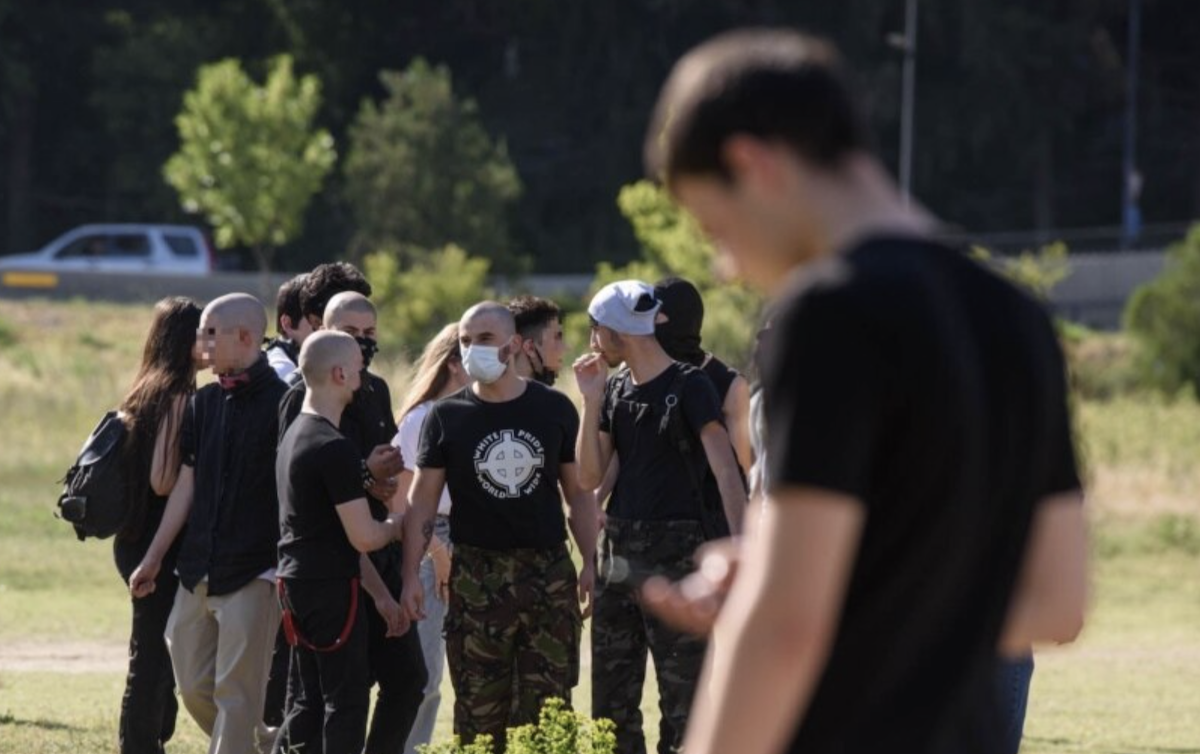Azerbaijan-Israel and "neutrality" in Syria: diplomacy from the South Caucasus to the Middle East
Azerbaijan between Israel, Iran, Turkey, and Syria
Recently, one of the new and attention-grabbing directions of Azerbaijan’s foreign policy has been its growing involvement in the Middle East, especially in Syria.
While Azerbaijani diplomacy was previously focused mainly on the South Caucasus and energy exports, today Baku is actively engaging in geopolitical processes both within the region and beyond.
In particular, the visit of Syria’s transitional president Ahmad al-Sharaan to Baku and Azerbaijan’s plans to enter Syria’s energy sector can be seen as the official beginning of this process.
However, this initiative is not only economic but also geopolitical in nature, with close cooperation between Azerbaijan and Israel playing an important role in this context.
Iran-Syria relations and Azerbaijan’s new “balance policy”
The strategic alliance between Iran and Syria has lasted since 1979. Syria, considered one of Iran’s key allies in the Middle East, played an important role both in the Iran-Iraq war and in maintaining Bashar al-Assad’s regime.
However, at the end of 2024, following the overthrow of Assad’s regime and the rise of a transitional government, these relations weakened. The new leadership began a policy of distancing itself from Iran and seeking new partners in the region.
Against the backdrop of this political vacuum, Azerbaijan has stepped onto the scene.
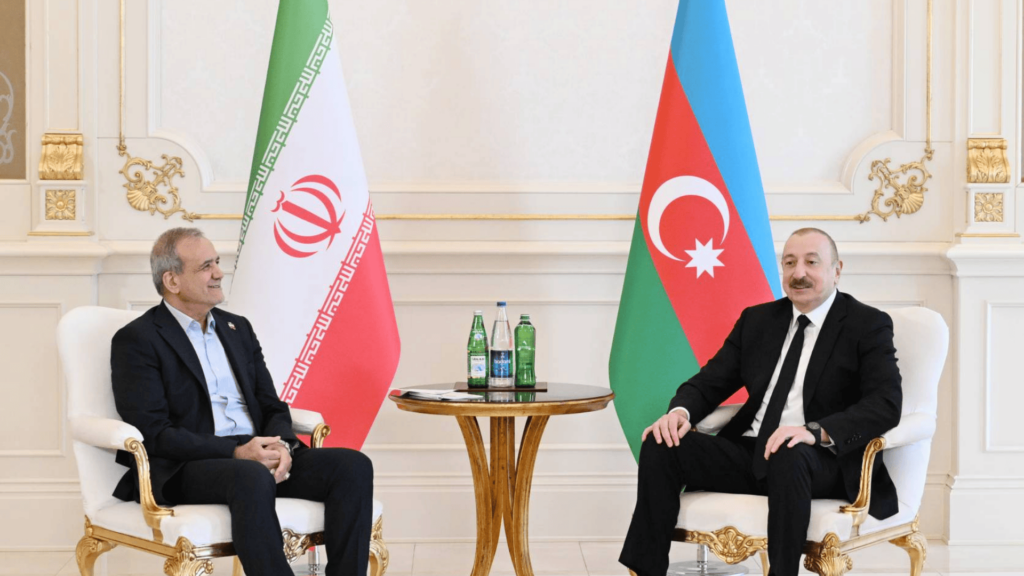
While maintaining a careful balance in its relationship with Iran and deepening ties with Israel, Baku is seeking a potential role as a “neutral mediator” in Syria.
Azerbaijan’s ability to enter Syrian energy projects without provoking tensions with Tehran reflects a well-calculated balance strategy.
During the visit of Syria’s transitional president Ahmad al-Sharaan to Baku on July 13, a memorandum of cooperation in the energy sector was signed between Azerbaijan’s state oil company SOCAR and the Syrian government.
The document outlines joint projects, technical support, training of specialists, and assessment of investment opportunities.
According to the agreement, Azerbaijani natural gas will be exported to Syria via transit through Turkey.
These agreements are important not only for expanding Azerbaijan’s economic interests but also for shaping a new consensus in its relations with Iran – since Iran, which holds economic and religious influence in Syria, appears for now to be willing to accept Azerbaijan’s neutral position.
- Iranian president’s visit to Azerbaijan: strengthening ties and addressing issues
- What does tension between Israel and Iran mean for Azerbaijan?
- “Baku must not be allowed to exploit Iran–Israel escalation”: Yerevan’s position
Israel-Azerbaijan relations: from strategic partnership to intelligence cooperation
The relationship between Azerbaijan and Israel goes far beyond formal diplomacy. It extends into deep strategic, political-technological cooperation, as well as defense and security.
Ties between the two countries began to strengthen in the mid-1990s and intensified significantly after Ilham Aliyev became president in 2003.
According to an Azerbaijani journalist who requested anonymity in an interview with JAMnews, since 2003, key strategists operating behind the scenes of Azerbaijani politics have been political consultants invited from Israel.
The journalist noted that while Heydar Aliyev had little need for such support, his younger and less experienced son was far more interested in it.
“These strategists play a crucial role not only in election campaigns but also in shaping media strategies, conducting information warfare, and influencing public opinion. They coordinate these efforts from Baku and are directly involved in setting the political agenda,” – the journalist said.
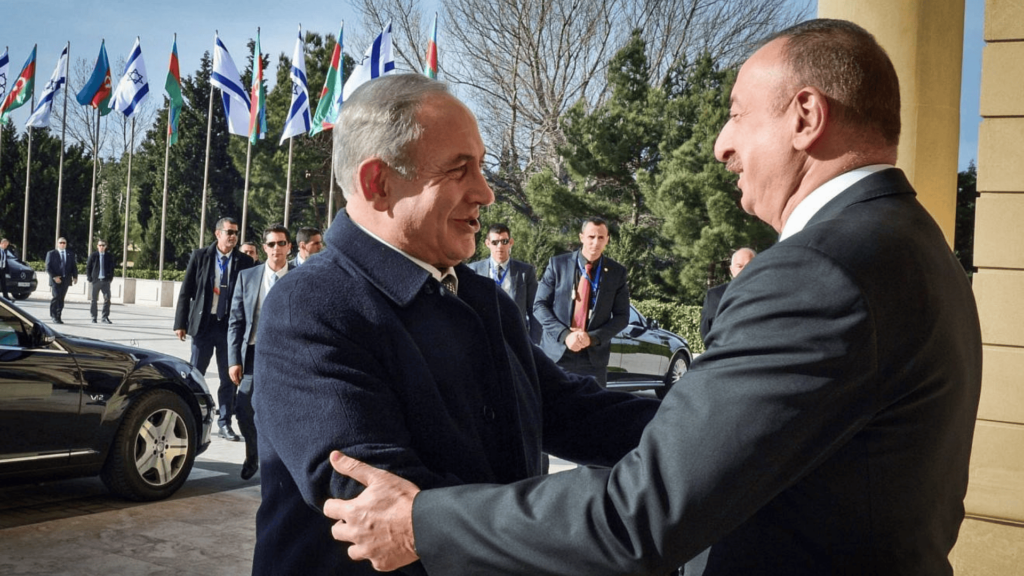
Experts also note that Israel provides technical and advisory support to Azerbaijan’s state security structures, particularly the Presidential Security Service.
This points to a high level of trust and strategic coordination between the two countries. Israeli companies support Azerbaijan’s security infrastructure and cyber sector – a cooperation that significantly deepened during the Second Karabakh War in the fall of 2020.
During that war, the critical role of Israeli-supplied weapons and intelligence technologies in Azerbaijan’s military success was repeatedly emphasized. This included drones and missile systems, which are viewed as key elements that gave Azerbaijan a strategic advantage on the battlefield.
Another vital area of cooperation is the energy sector
Azerbaijan is one of Israel’s main oil suppliers, covering an estimated 40–60% of the country’s demand. Oil is exported via the Baku–Tbilisi–Ceyhan pipeline, ensuring stability in regional logistics.
This mutual dependence in energy security elevates the partnership to a deeper strategic level.
When it comes to lobbying, the influential Jewish diaspora in the US and other Western countries has served as a key diplomatic channel for Azerbaijan. Groups such as AIPAC played a major role in lifting restrictions on aid to Azerbaijan (imposed in 2002) and later helped bolster its international standing.
Today, Azerbaijan-Israel relations go beyond bilateral ties—they are part of a complex strategic game that avoids the need to take sides in the regional balance of power. These ties have become a cornerstone of Azerbaijan’s expanding influence, both regionally and globally.
Azerbaijan–Syria cooperation: a geopolitical opportunity or a risky convergence?
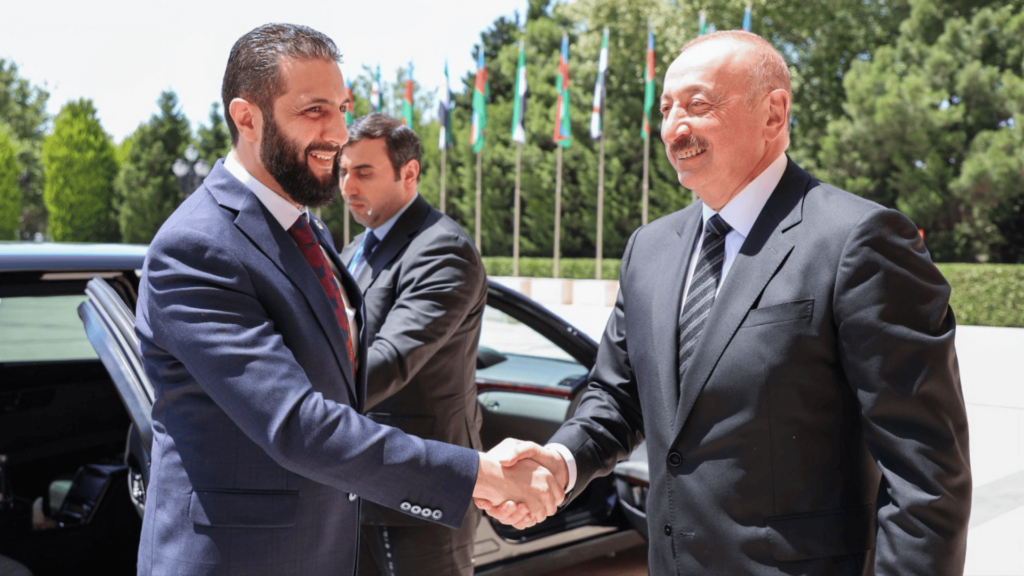
Azerbaijan’s new cooperation with Syria signals Baku’s ambition to strengthen its influence in the Middle East and expand into new markets through its national energy company, SOCAR.
In an analysis published by Al-Monitor, Turkish expert Sinan Ülgen notes that Azerbaijan’s plans to engage economically in Syria – especially in the oil and gas sector – can serve not only as an economic move, but also as a diplomatic tool of influence.
Azerbaijani political analysts emphasize that such cooperation boosts the country’s regional standing:
By maintaining ties with both Israel and Syria, Baku seeks a “golden middle ground.”
However, the process is not without criticism.
Armenian sources and social media users have described Azerbaijan’s policy as a “double game,” arguing that simultaneously building close relations with Israel and Syria is ethically questionable.
SOCAR’s oil sales to Israel have also triggered protests in Turkey.
Conclusion: Azerbaijan’s growing regional role
Azerbaijan’s parallel partnerships with Israel and Syria are shaping a new regional identity.
While cooperation with Israel is built on strategic, energy, and defense ties, the Syria track relies more on economic interests and diplomatic maneuvering.
This enables Baku to position itself as a neutral intermediary and to play a more active role in both regional and global diplomacy.
But these opportunities come with risks:
- Simultaneous, sensitive relations with Iran, Israel, and Syria are interconnected—instability in one direction could jeopardize the others.
- Entering the Syrian market could provoke discontent from actors like Iran and Russia.
- SOCAR’s growing footprint in the Middle East is already sparking backlash in Turkey and parts of the Arab world, potentially affecting Baku’s diplomatic image.
- Closer ties with Israel may complicate relations with some Muslim-majority countries.
Nevertheless, Azerbaijan is working to maintain a delicate balance and respond flexibly to shifting geopolitical dynamics, aiming to evolve from a South Caucasus player into an active Middle East actor.
News in Azerbaijan
Azerbaijan between Israel, Iran, Turkey, and Syria










